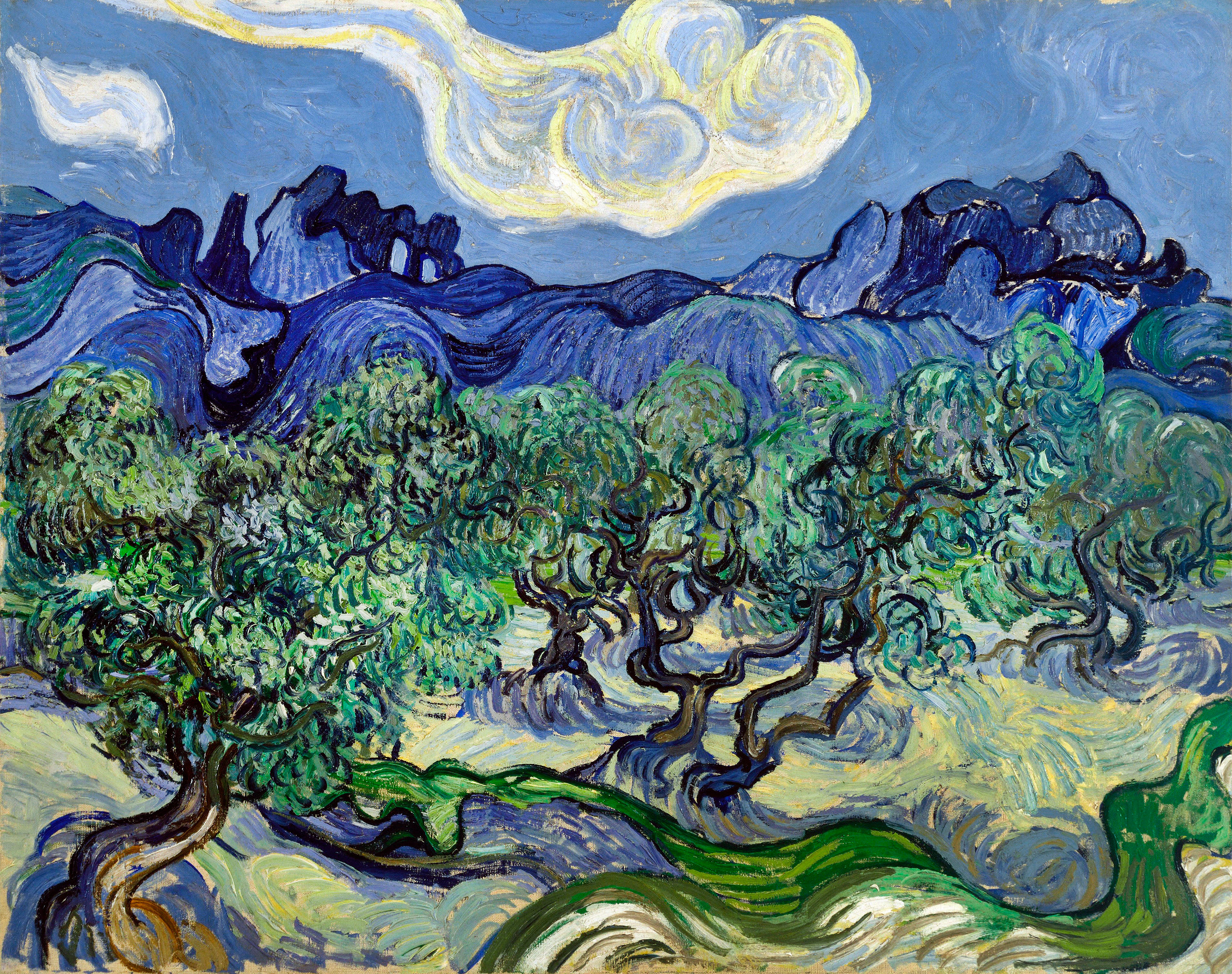What is everyone talking about this week? Forget British wine, British olive oil is the next pot of gold
Week in, week out, Will Hosie rounds up the hottest topics on everyone's lips, in London and beyond.


British wine is a fickle business. One day, you’re winning industry awards and leaving Champagne in the dust. The next, you’re backing out of a £32 million winery because you’ve overestimated demand.
Any business at the mercy of British weather will relate to the highs and lows that follow a good or bad year, but this volatility belies an overarching trend. If 2024 was a poor outing for the English grape, the 2025 harvest has been a triumph. Climate modelling suggests this is more than swings and roundabouts. With reliably warmer summers projected for the coming decades, we are witnessing a slow but stubborn arc of progress.
Those of us who didn’t plant a vineyard 20 years ago are now scrambling to find the next pot of gold. Many claim this might be olive oil, currently being harvested across the Mediterranean. Studies have shown that olive groves in Spain — which, with Greece, Croatia and Italy, is frequently cited as the oil’s top producer — have been climbing latitudinal lines for years. Droughts in southern regions have placed stress on the trees, yielding smaller fruit. Spain’s loss could be our gain, some believe, particularly in areas that enjoy subtropical microclimates, such as south Devon, Cornwall and the Isles of Wight and Scilly.
Britain’s first olive grove was planted in 2006 on the banks of the River Otter in Devon, by an environmental consultant named Mark Diacono, familiar to readers of this website. ‘There is no question,’ he told The Independent, ‘that the climate is going to get there’ — ‘there’ meaning suitable for olives. Yet he also expressed some doubt: ‘Have I done this 10 years too early or 20 years too early?’
He had. The shrubs suffered and died under the cold winter of 2009–10. Yet the tide seems to be turning. Last year, David Hoyles planted his family’s first olive grove in the Fens, on land his forebears have farmed for more than 250 years. Meanwhile, in Essex, Peter Thompson has planted 2,000 trees in his grove near Harwich, a peninsula believed to be the driest area in England.
Cold snaps and late frosts will continue to pose a threat (as they do in northern Italy) and, according to Charles Quest-Riston, the first Englishman to qualify as an olive-oil taster, ‘we need average summer temperatures to rise by 6°C to get to the minimum that commercial olive-growing requires in the Mediterranean’.
Britain is unlikely to ever yield olives as juicy as Spain’s, although that may be no bad thing. The Times explained that Peter's olives would need to be picked earlier in the ripening process, to avoid autumn frosts, likely resulting in a more acidic oil — or, as David predicts of his own, ‘more peppery’. An acquired taste, perhaps — but so are most delicacies worthy of note.
Exquisite houses, the beauty of Nature, and how to get the most from your life, straight to your inbox.
Will Hosie is Country Life's Lifestyle Editor and a contributor to A Rabbit's Foot and Semaine. He also edits the Substack @gauchemagazine. He not so secretly thinks Stanely Tucci should've won an Oscar for his role in The Devil Wears Prada.
